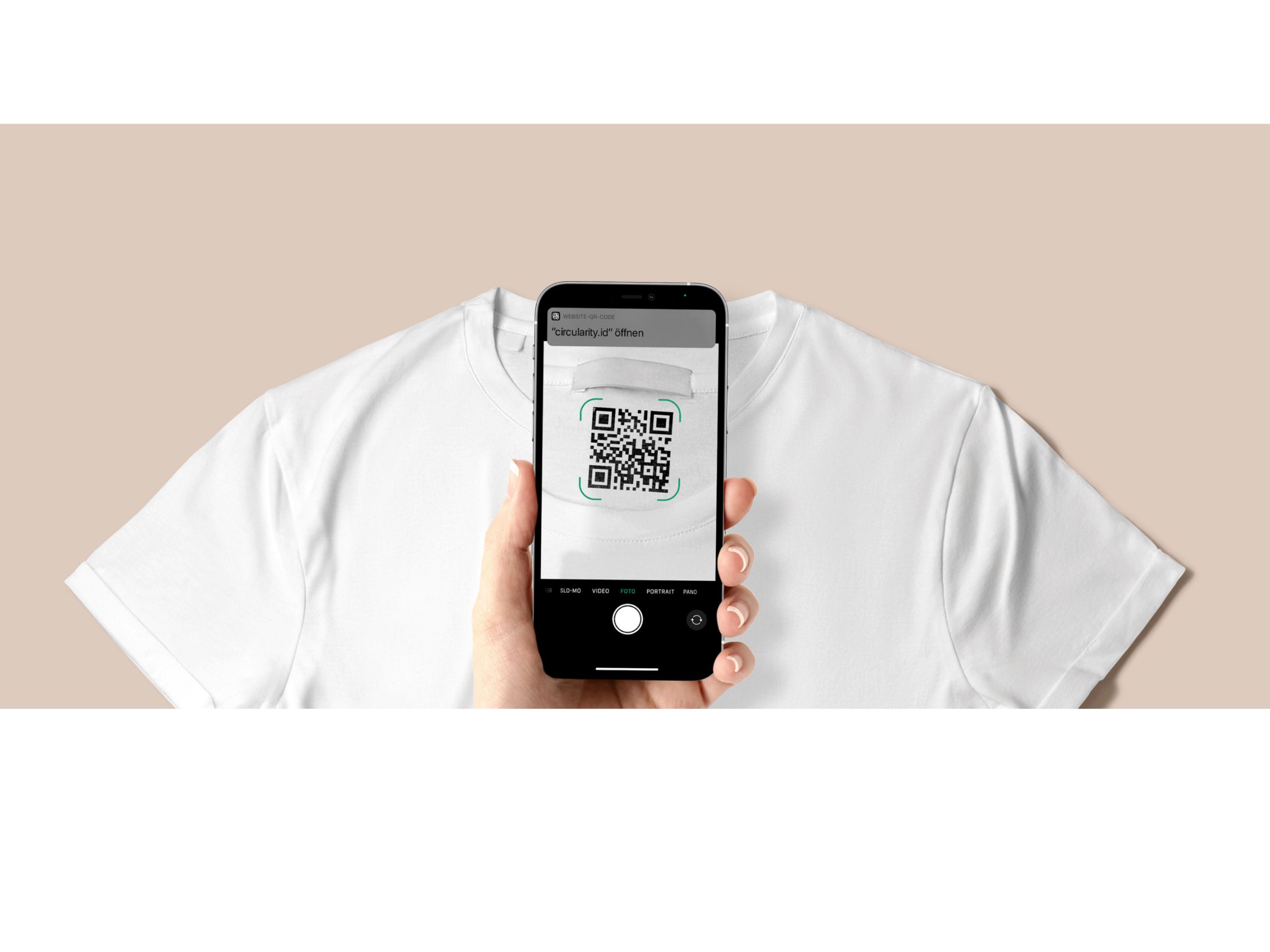Approved by curator

Added: Oct 01, 2021
Last edited: Apr 13, 2023
circular.fashion and FairWertung initiate the Closed Loop Pilot together with the fashion brands ARMEDANGELS, Besonnen, OTTO, The Slow Label and Vretena and charitable textile collectors/ sorters. The aim of the project is to apply a closed loop system for the fashion industry in practice and on a larger scale. The project was launched in June 2021 with a joint kick-off workshop and will run until the end of 2022.
The textile supply chain becomes extremely fragmented after the point of sale. Consumers have very limited knowledge about the options after the use cycle. Collection rates of sold textiles are globally on approx. 20%. Furthermore, for those products which are collected and sorted there are nearly no information available which allow a high sorting quality. A higher sorting quality would be necessary to unlock higher reuse and textile to textile recycling rates.
Circular economy is team work - a wide variety of actors are involved along the value chain from production to recycling. Accordingly, a circular economy requires integrative approaches. This is why five German fashion brands of different sizes, charitable textile collectors and selected recyclers are coming together in this joint pilot project. Together they are testing a closed loop for textiles by applying the circular.fashion system.
Within the framework of the project, the fashion brands are launching different circular textile products. Each garment will be designed to circulate - all components are assessed by circular.fashion through a Circular Product Check and matched with a specific recycler from their network to ensure recycling at end of use. The circularity.ID® will be added to every piece using different identifiers depending on the brands preferences. Customers can easily scan the ID with their smartphones to access the digital product site, which makes product information such as material components, production country, care instructions and most importantly the end-of-use opportunities visible. This is very important as they specifically aim to test the ID based sorting and different end of use scenarios within the pilot. The circularity.ID® makes intelligent sorting via charitable take-back channels possible. FairWertung together with the textiles collectors Aktion Hoffnung Augsburg, Aktion Hoffnung Rottenburg-Stuttgart, Brockensammlung Bethel, Deutsche Kleiderstiftung, Diakonia München as well as Sammelzentrale Laupheim are project partners. Working with the fashion brands, they developed return channels for consumers. In order to optimally sort the garments equipped with a circularity.ID®, they will be installing intelligent sorting stations in their main sorting facilities.
The consortium is taking the lead here as a pioneering project to implement circular models in practice. The participants expect to gain important insights into the necessary fine-tuning with the involvement of consumers for a sustainable circular economy for textiles.
ARMEDANGELS already released their circular collection. The Circular Tees AADO & TARAA CIRCULAR LOGO are the first products with a circularity.ID®. With the help of the NFC tag, ARMEDANGELS and its partners are testing intelligent sorting systems for textile sorting, resale and high-quality recycling. The other brands will launch their collections in the coming months.



circular fashion
circularity
Closed Loop Pilot
circularity.ID
circular.fashion
